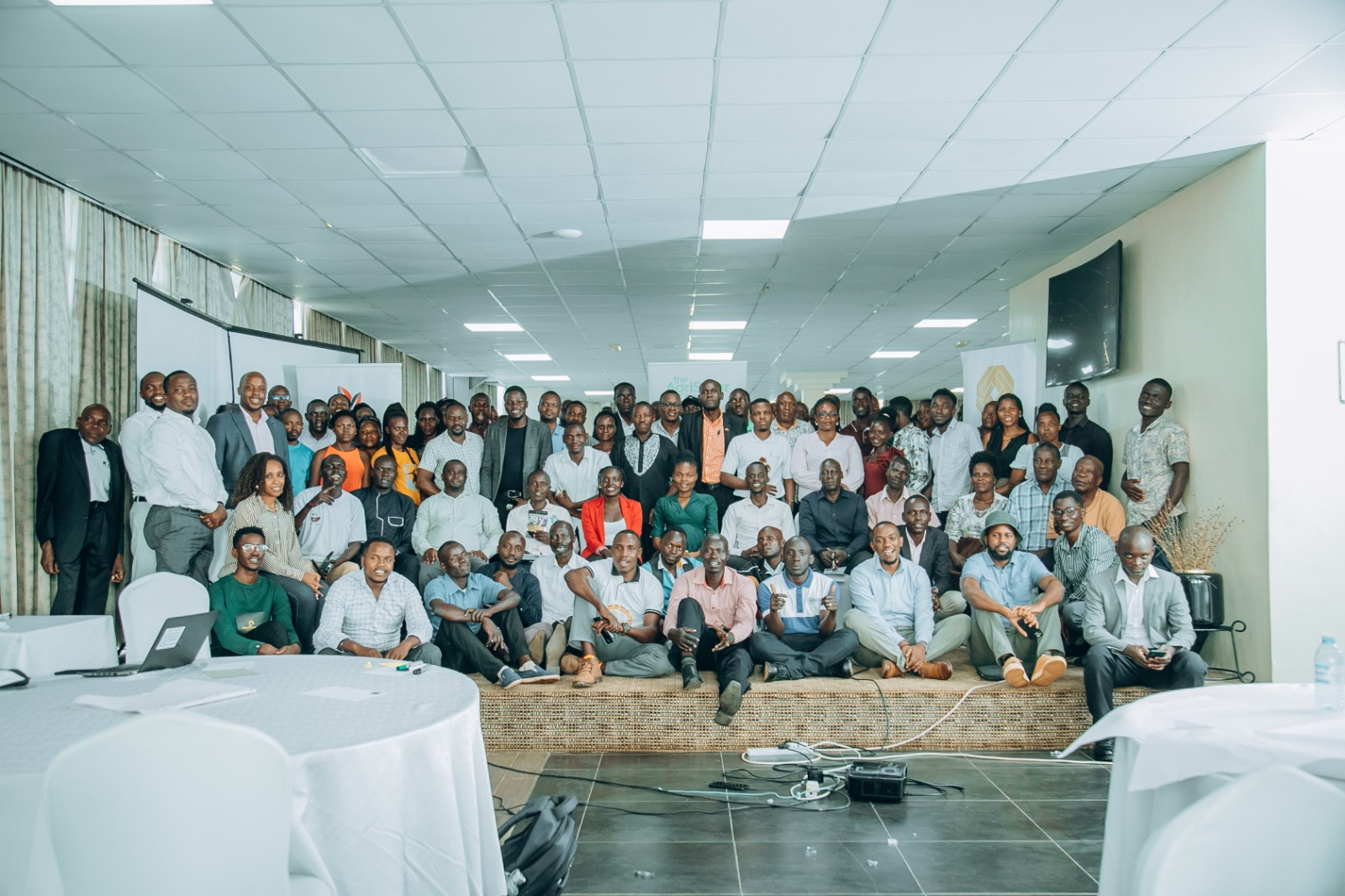
Solar technologies, including solar-powered irrigation systems and solar dryers, have the potential to greatly enhance agricultural practices. Nevertheless, the substantial costs linked to the purchase of these technologies frequently serve as an impediment for small-scale farmers.
In collaboration with the Mott Foundation, the Innovation Village yesterday held a co-creation workshop that convened stakeholders within the AgriSolar ecosystem at Protea Skyz Hotel to collectively identify actionable solutions, strategies, and tactical approaches towards unlocking and increasing access to affordable financing for solar technologies.
Today, more than two-thirds of Ugandans rely on agriculture for their livelihood, meaning that they will benefit from solar-powered PUE (Productive Use of Energy) technologies. These range from solar-powered irrigation, milling to cold storages with many companies supplying solar-powered technologies to small and large farms to mitigate farming challenges such as unpredictable weather patterns, limited access to electricity and high power tariffs.
According to Arthur Mukembo, Lead Future Lab Studios, Uganda is on the verge of adopting the renewable energy revolution to reduce the dependence on fossil fuel. The country according to the Renewable Energy Policy 2013 has a solar electricity potential of about 200MW, 1650MW from biomass, 800MW from peat,2200MW from hydropower stations and 400MW from geothermal energy.
While the revolution offers an opportunity for innovations to drive change, visionary innovators frequently face constraints due to inadequate access to financing and support mechanisms. This limitation can slow or completely hinder their ability to demonstrate Product-Market Fit, often leading to the closure of these startups before their innovations can benefit their communities.
Paul Yawe, the Chief Executive Officer of Innovation Africa Limited said, “As entrepreneurs innovating in the Agri Solar ecosystem, we are faced with multiple challenges including limited access to affordable financing, onboarding, and serving hard-to-reach customers, as well as navigating complex regulatory landscapes. This is why this engagement is important for us to connect with financial institutions and farmers whom we are innovating for.
Mukembo said, “We believe that empowering innovators and smallholder farmers with affordable financing for solar technologies is not just a means to increase agricultural productivity but rather a pathway to creating environmental sustainability, economic growth, and food security. Therefore, this workshop aims at creating synergies that will drive the adoption and usage of solar innovation in farming communities to ultimately boost farmer’s productivity and profitability.
Therefore, the task for us is to create an enabling environment where solar innovators can thrive, scale their ventures, and contribute significantly to Uganda’s sustainable energy and agricultural future, starting with addressing financing bottlenecks that affect the innovators and customers they are targeting towards fostering more viable markets for solar technologies in key agricultural value chains.
Robert Ddamulira, Program Officer for Advancing Climate Change Solutions (ACCS) at the Mott Foundation, highlighted the foundation’s commitment to harnessing solar energy for productive purposes in the agricultural sector in Uganda.
He added, to further attain this goal, the foundation will soon be unveiling a USD$3 million initiative known as DREEM (Distributed Renewable Energy Ecosystem Model) for ecosystem builders within the AgriSolar economy. “The DREEM hub will adopt a collaborative, multi-stakeholder approach to address critical energy access challenges, including limited technical expertise, a shortage of local entrepreneurs, restricted financial services, poor coordination, and ultimately, the impact on community livelihoods resulting from energy access initiatives,” Ddamulira explained.
Whereas there is a heightened sense of urgency for innovation in climate change, it’s crucial that we become deliberate in ways that support the adoption and usage of solar technology by maximizing opportunities in the demand and supply chain that streamline the development, deployment, financing, sale, maintenance, and other aspects of consuming solar technologies for small holder famers.





